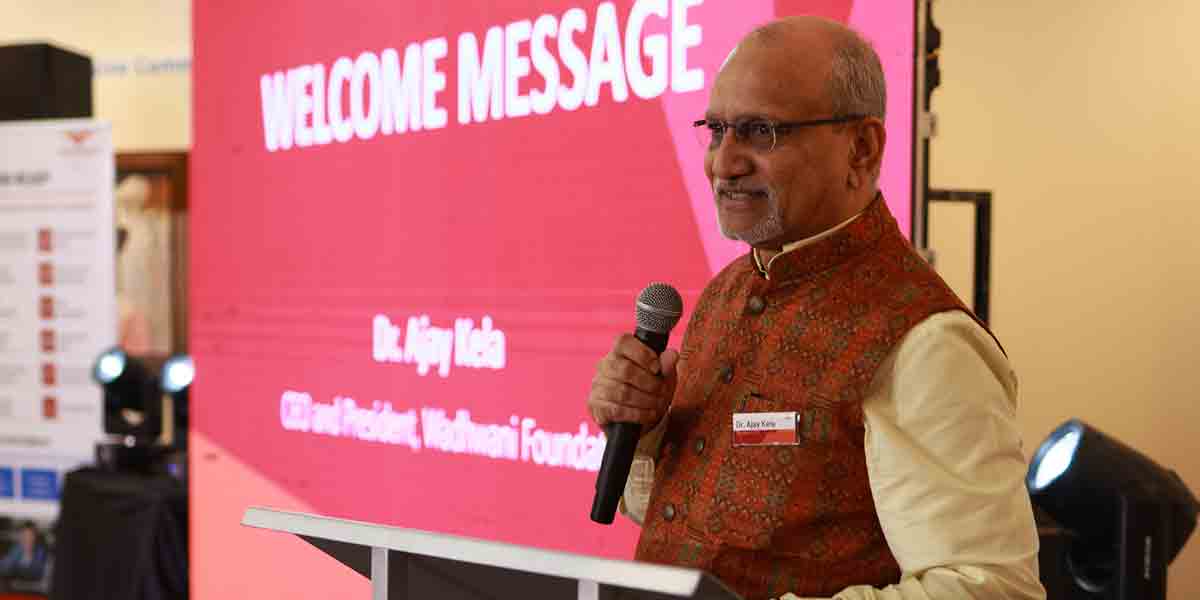
UNICEF pushes for increased investments for child development workers (CDWs) in the Philippines.
Child development workers benefit individual children by giving them good foundational skills and support for their physical and emotional development and promote economic growth by preparing a strong and productive workforce, improving equity, and reducing expenses needed for catch-up programmes.
According to a survey by UNICEF and the Early Childhood Care and Development (ECCD) Council, many child development workers lack the necessary skills to provide high-quality early childhood education (ECE).
Only 48% of the respondents in the study were college graduates, and just over 50% had attended fewer than two trainings. Only 22% had permanent posts.
The average salary for non-permanent child development workers was around PHP 5,000, but informal surveys by UNICEF reveal that in disadvantaged areas, some day care workers receive an honorarium of as low as PHP 1,000 a month.
Attending early childhood education is essential for young children to have the best possible start in life. Parents are encouraged to enroll their three- to four-year-old children in ECE to access quality pre-primary education that lays a strong foundation for learning.
However, apart from the challenges in increasing ECE enrolment, which stands at only 27%[1] based on the latest data from the Department of Social Welfare and Development, low investments in ECE mean that child development workers are falling behind their peers in other countries.
“Every child deserves access to quality early childhood education. Child development workers play a crucial role in supporting children’s academic development and personal growth during their formative years. Supporting them means investing in our learners’ future. We need to make being a child development worker a dignified profession. They have the right to decent and fair wages, learning opportunities to improve or gain new skills, and various forms of support to improve their work,” said Behzad Noubary, UNICEF Philippines Deputy Representative for Programmes.
To celebrate the International Day of Education, UNICEF is advocating for national and local policies that would help local governments take better care of educators by providing decent remuneration and retention of non-permanent child development workers, especially those who are experienced and trained.
UNICEF recommends that the government invests at least 10 percent of the education budget in Early Childhood Education.
It is estimated that increasing the enrolment of 3-4-year-old children by 10% would require a budget of at least PHP 25B.
This budget could cover increased salaries and training programs for child development workers, construction of new child development centres, Supplementary Feeding Programs, water, sanitation, and hygiene tools and facilities, parenting activities, and school maintenance and other operating expenses.
UNICEF is providing recommendations to the Second Congressional Commission on Education (EDCOM2) to support policies that will professionalise and improve early learning systems.
Apart from supporting the ECCD Council and the Department of Education (DepEd) to align Philippine Early Learning Development Standards for children Kindergarten to Grade 3, UNICEF is also implementing a system for competency-based professional development, hiring, retention, tenure, and compensation of child development workers in its focus areas.
Together with the ECCD Council, UNICEF also supports the ECCD Strategic Plan 2030, implements the National ECCD Monitoring & Evaluation and Accountability System, and pilots the Prevention, Early Identification, Referral, and Intervention of Delays, Disorder and Disabilities in Early Childhood (PEIRIDDDEC) system, and the enhanced Kindergarten curriculum.
[1] Source of basic data: Philippine Statistics Authority [2015 PopCen (Total population by single age and sex), Updated 2015 PopCen-based population projections, and 2020 CPH (Total population by single age and sex)]; DSWD [Number of Day Care Children Enrolled in ECCD CDCs disaggregated by Region and Sex, School Year 2021-2022 as of 31 January 2023


























